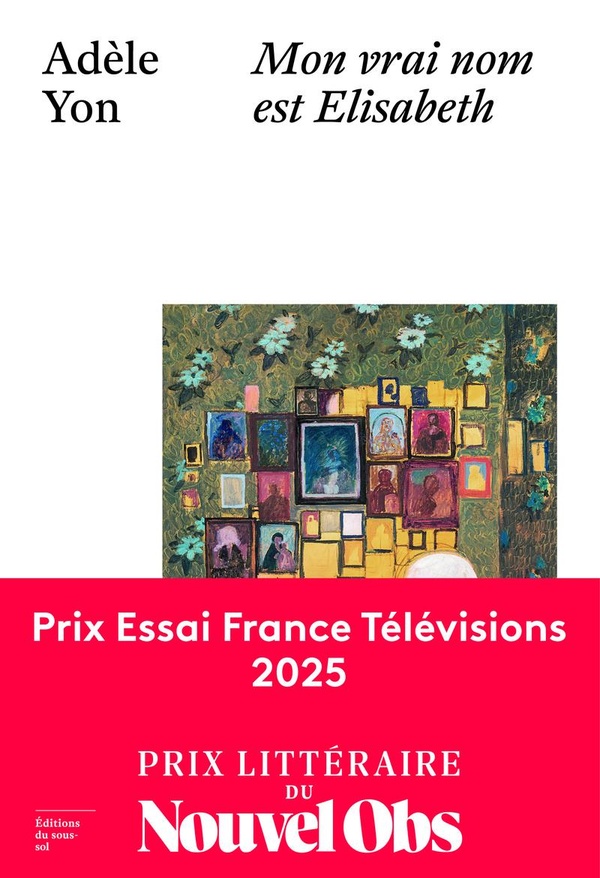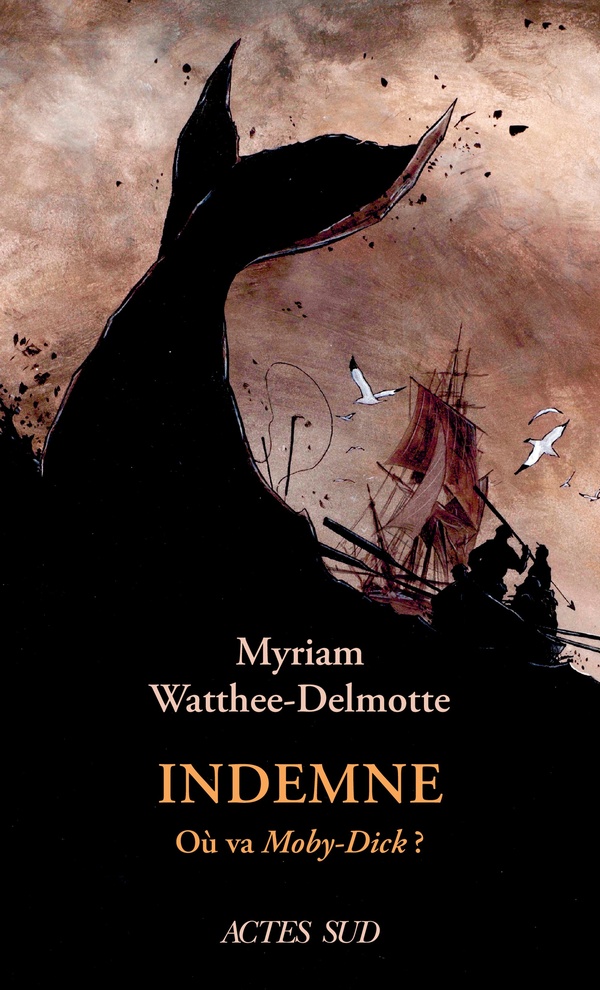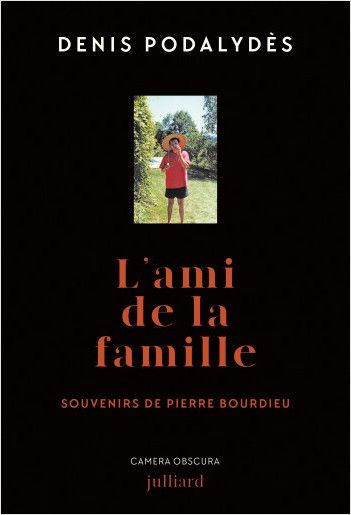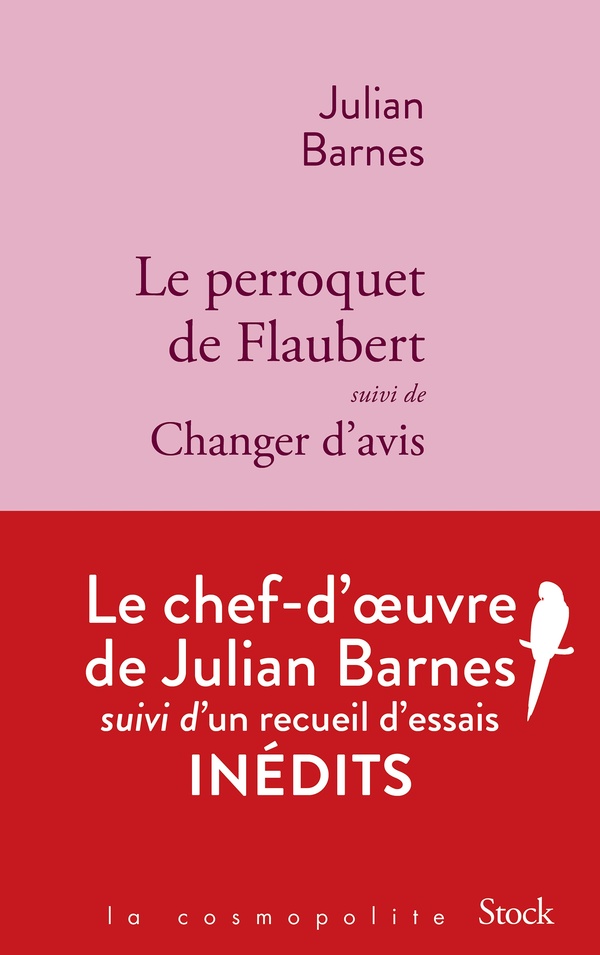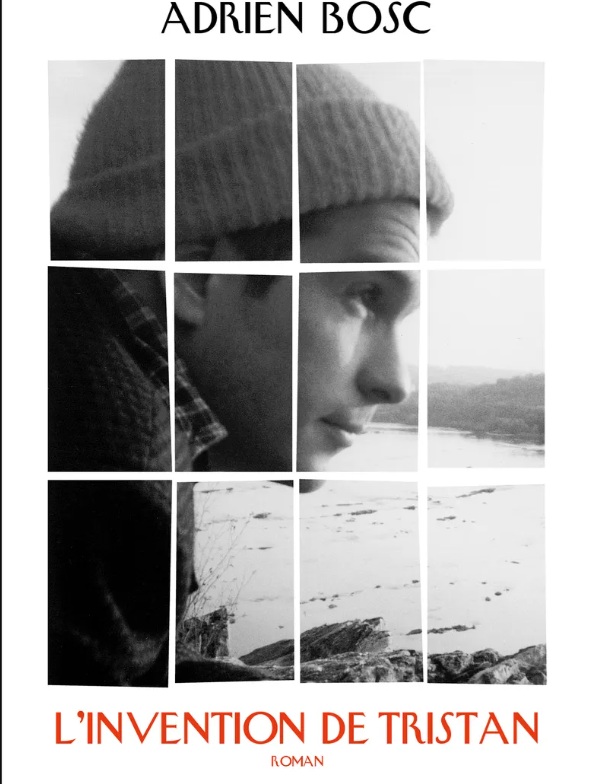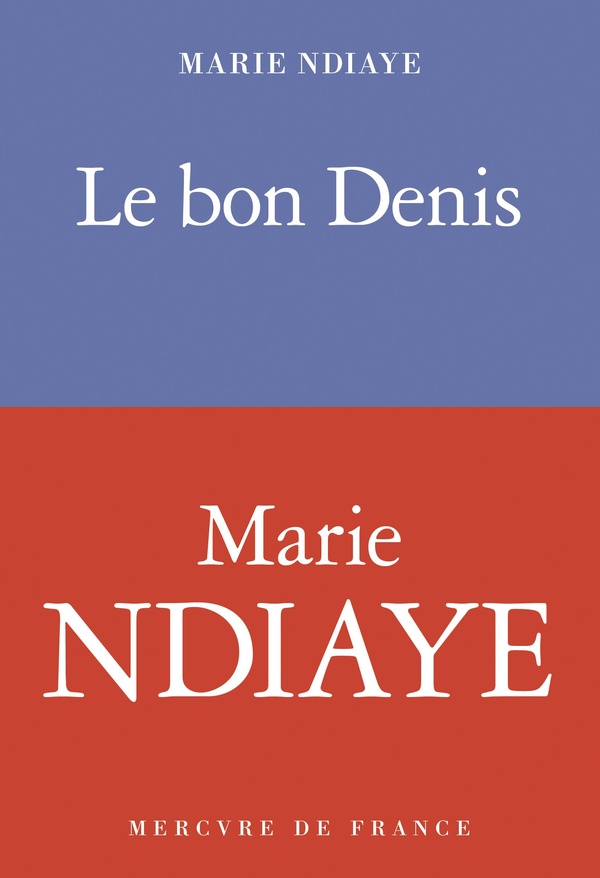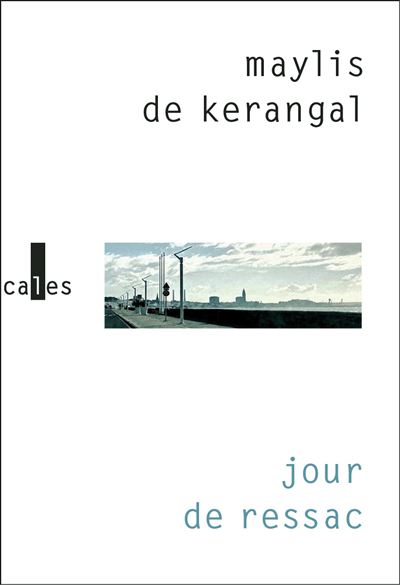Unquiet Lives: A Summer of Literary Investigations
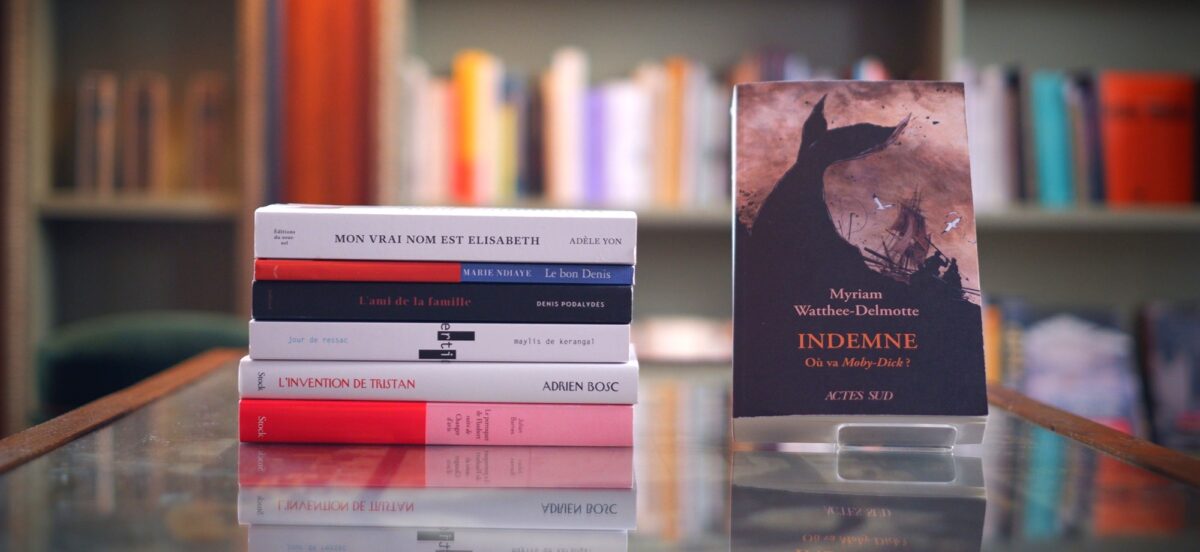
This summer, why not slip into the role of a literary detective and immerse yourself in lives remembered and reimagined—among literary ghosts, and other questions that refuse to be laid to rest?
In Mon vrai nom est Elisabeth, Adèle Yon exhumes the story of her great-grandmother—erased by psychiatry, by history, by family silence—and rewrites her into being.
Adrien Bosc’s L’Invention de Tristan asks what it means to resurrect a writer’s legacy.
Narrated by a spectral Ishmael, Indemne. Où va Moby-Dick? traces the migration of Moby-Dick through the centuries, surfacing in translation, interpretation, obsession. It’s a tour de force of literary imagination, a book about books that reminds us how stories drift across time like whales across oceans.
Denis Podalydès turns the lens inward in L’Ami de la famille, a deeply personal portrait of friendship, intellectual awakening, and the quiet ways that thinkers shape our emotional lives.
The newly reissued Julian Barnes’s Flaubert’s Parrot delivers a dazzlingly inventive blend of biography, fiction, and literary criticism. As Dr. Geoffrey Braithwaite chases the identity of a stuffed parrot once perched on Flaubert’s desk, he unwittingly uncovers the raw grief of his own life.
In Jour de ressac, Maylis de Kerangal returns to the city of Le Havre—her childhood terrain—not as backdrop but as living, breathing protagonist.
Each of these works investigates a life—its shape, its absences, its mythologies, reminding us that iterature is not only what survives, but what resists silence. Welcome to the investigation.
Reading List
Winner of the Prix Essai France Télévision 2025
A haunting and electrifying debut, Mon vrai nom est Elisabeth unearths the buried story of a silenced woman and rewrites it with fury, tenderness, and brilliance. Adèle Yon—writer, academic, and former chef—begins with a cinematic question: how does the motif of the ghostly female double shape our understanding of women on screen? But her research quickly pulls her into a far more personal mystery—the life and legacy of her great-grandmother Betsy, institutionalized for schizophrenia in 1950 and nearly erased from family memory.
In this hybrid, genre-defying work, Yon blends memoir, essay, archive, and investigation into a powerful act of remembrance. Like a detective in a psychological thriller, she hunts for traces of Betsy: a photograph, a hospital record, a whispered family legend. The result is a polyphonic, visceral exploration of intergenerational trauma, the brutal history of psychiatry, and the weight of female transgression.
With echoes of Roland Barthes and the narrative tension of a cinematic ghost story, Mon vrai nom est Elisabeth is not just a recovery of one woman’s life—it is an exorcism of silence, and a reckoning with the myths families tell to survive.
Mon vrai nom est Elizabeth, by Adèle Yon, éd. du sous-sol.
Click here to purchase this book with us.
A dazzling literary voyage unlike any other, Indemne is both a love letter to Moby-Dick and an audacious reimagining of its odyssey—through time, translation, and the libraries of the world. Myriam Watthee-Delmotte, a renowned scholar of 19th-century literature and art, makes a stunning debut in fiction, charting the posthumous life of Melville’s whale through the voice of Ishmael, the novel’s sole survivor and now near-omniscient narrator.
What follows is a brilliant double helix of narrative: the hunted whale’s maritime journey is mirrored by the book’s own perilous migrations across history—lost, rediscovered, misunderstood, revered. From Jean Giono’s mythic French translation to contemporary reinterpretations, Indemne becomes a moving meditation on literature’s power to endure, to transform, and to reflect the hopes and madness of each new era.
With erudition, wit, and lyrical depth, Watthee-Delmotte opens the belly of Melville’s monster not to wound, but to illuminate. A novel about novels, a metafictional symphony, and a profound testament to the idea that every great book needs a witness—Indemne is a triumphant reminder that literature, like the whale, refuses to sink.
Indemne. Où va Moby-Dick? by Myriam Watthee-Delmotte, Actes Sud
Click here to purchase this book with us.
In the footsteps of the adolescent he once was, and of the influence Pierre Bourdieu had on the man he became.
“How do you conjure up a man whose memories and anecdotes – and aren’t memories anecdotes? – would have upset him or made him angry?” asks Denis Podalydès in L’Ami de la famille, Souvenirs de Pierre Bourdieu, a formative account that is as moving as it is humble.
Denis Podalydès recalls his friendship with Emmanuel Bourdieu, the son of the famous sociologiste, through the places, objects, readings and collective actions that accompanied the end of his adolescence and the beginning of his adulthood. This friendship was at once a refuge, a pivot and a springboard for the future.
The shadows and tensions in Podalydès’s family are illuminated by the sociologist’s work on “l’espace social” and Algeria.
Bourdieu’s thought has played a key role in the intellectual formation of the actor of the Comédie Française, and the tenderness and gratitude that can be felt from these pages are contagious.
L’Ami de la famille, Souvenirs de Pierre Bourdieu, by Denis Podalydès, éditions Julliard, collection Camera Obscura.
Click here to purchase this book with us.
Witty, erudite, and emotionally devastating, Flaubert’s Parrot is one of those rare novels that dazzles as much with its intellect as with its heart. Julian Barnes performs a literary high-wire act, blending fiction, biography, and criticism into a brilliant meditation on memory, obsession, and the slipperiness of truth.
Our narrator, Dr. Geoffrey Braithwaite—retired physician, amateur Flaubert scholar, and grieving widower—sets off on a quixotic mission to uncover which of two stuffed parrots once inspired Flaubert’s Un cœur simple. But what begins as a quest for literary trivia slowly reveals itself as something far more profound: a reckoning with grief, a meditation on the limits of knowledge, and an exploration of how we use stories—our own and others’—to make sense of life.
With biting humor and playful structural innovation (an exam, a chronology, a pastiche from the point of view of Flaubert’s mistress), Barnes questions whether we can ever really know another person—or even ourselves. Along the way, we learn about the “pyramid-building” agony of writing, the cliches that litter language, and the maddening brilliance of Flaubert, that high priest of style who wanted to write “a book about nothing.”
le perroquet de Flaubert, Julian Barnes, Trans from the English by Elisabeth Landes, éd. Stock
Click here to purchase this book with us
L’Invention de Tristan asks what it means to resurrect a writer’s legacy. Through the voice of a heartbroken fact-checker turned biographer, Bosc uncovers the improbable rise and tragic eclipse of American novelist Tristan Egolf. Woven through with literary echoes, from Modiano to Stephen Crane, this novel is both an ode to literary transmission and a subtle inquiry into the machinery of myth-making.
Le Bon Denis is a luminous meditation on absence and perception constructed around her elliptical father. Her fiction—always hovering between confession and fable—invites readers into a space where fact and feeling dissolve into something more uncanny and true.
Click here to purchase this book with us.
With Jour de ressac, Maylis de Kerangal returns to the city of Le Havre—her childhood terrain—not as backdrop but as living, breathing protagonist. In this deeply atmospheric and meditative novel, a woman receives a call from a police station: a man has been found dead on the beach, and her number was in his pocket. What follows is less an investigation than a wave of interior unraveling, where memory and place collide.
Read more
Click here to purchase this book with us.


